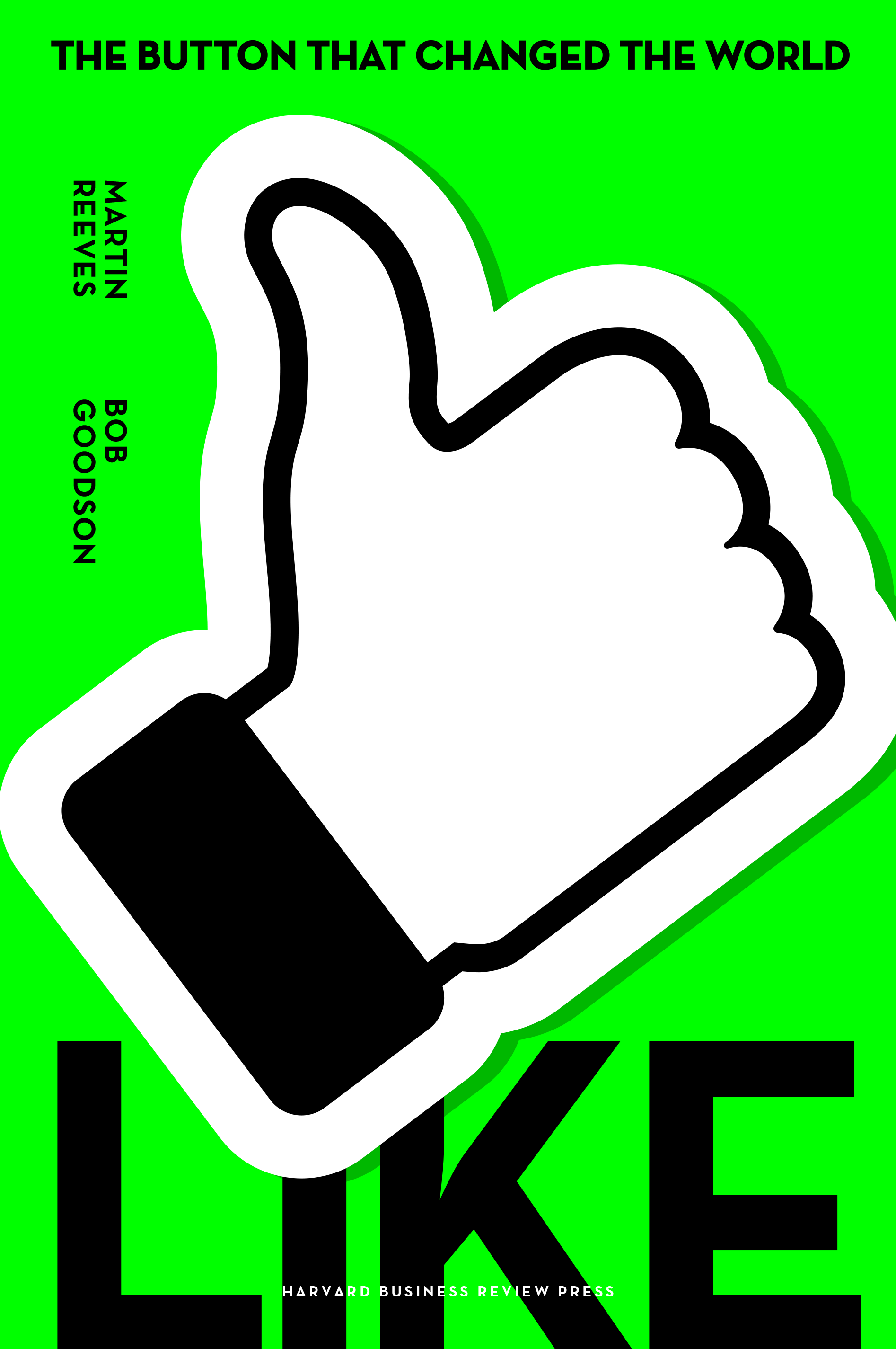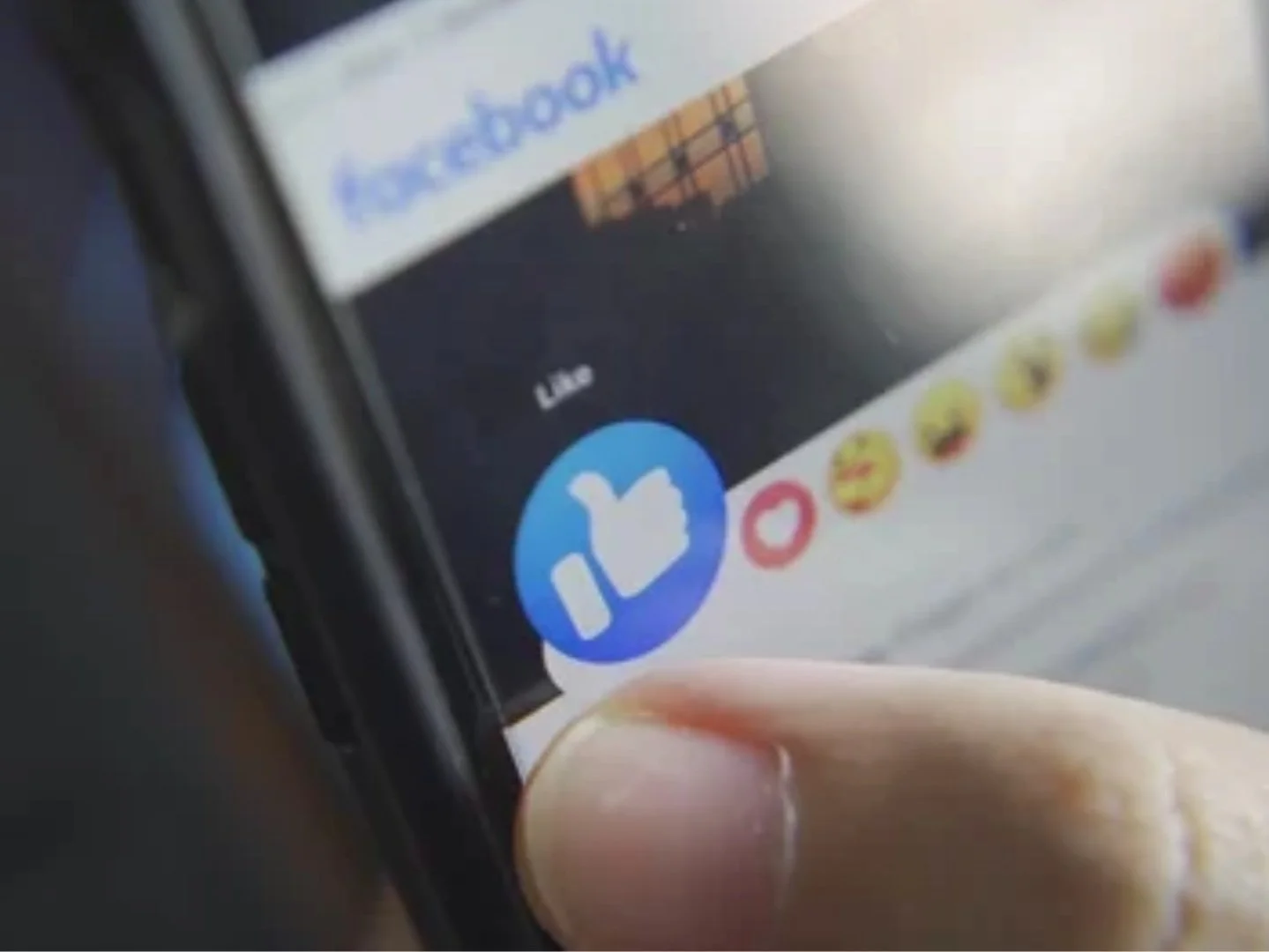From gladiators to Facebook, the origins of the “thumbs up” and how it has us hooked.
LIKE
An examination of the psychological and economic implications of the like button in the digital age.
Like delves into the history and profound impact of the simple yet powerful "like" button that revolutionized social media and human interaction. The documentary traces the origins of the thumbs-up gesture, from its use in ancient Roman gladiatorial arenas to its transformation into a global digital icon. Featuring interviews with key innovators and developers from platforms like Facebook, Instagram, and TikTok, the film explores how this small digital tool reshaped online communication, engagement, and business. By examining the development of reaction systems across various platforms, Like reveals the cultural, psychological, and economic forces behind the rise of social media’s most influential feature.
The film also digs deep into the personal and societal consequences of this seemingly innocuous button. Experts in psychology, neuroscience, and sociology break down how the like button taps into the brain’s reward system, leading to addictive behaviors and reinforcing our need for approval. It highlights the transformation of social media into a driver of the "attention economy," where likes equate to data, revenue, and influence. Ultimately, Like presents a thought-provoking narrative about how this digital tool, born out of a simple idea, evolved into a mechanism that shapes our identities, controls our behavior, and defines our interactions in the modern digital age
ABOUT
Threads:
History. Tracing the origins of the thumbs-up gesture, from its use in ancient Roman gladiatorial arenas to its transformation into a global digital icon.
Early Days. Featuring key innovators and developers from platforms like Facebook, Instagram, and TikTok, exploring how small digital reaction tools reshaped online communication
Addiction. Showing how the “like” mimics real-life human connection and taps into our need of approval. Historically our survival depended on it. But these dopamine hits lead to addiction.
Attention. Highlighting the transformation of social media into a driver of the "attention economy" where likes equate to data, revenue and influence.
Influence. Revealing how this system of interacting gave rise to the “influencer” and power is shifting from traditional publishers to individuals.
New Power, New Money. Unpacking the ways in which we sell products have changed and creators are monetizing this influence in a big way.
Impact. Investigating the cultural, psychological, and economic implications of it all.
INTERVIEWS
Martin Reeves Co-author of "Like: The Button that Changed the World," for insights into the historical and cultural significance of the thumbs-up gesture.
Bob Goodson Co-author of "Like: The Button that Changed the World," for his firsthand account of the development of the like button and its impact on social media.
Max Levchin Co-founder of PayPal and early investor in Yelp, to discuss the initial development of user-generated content features, including the like button.
Jeremy Stoppelman Co-founder and CEO of Yelp, to provide insights into the early design and implementation of the like button on Yelp.
Paul Buchheit Creator of the like button at FriendFeed, to discuss the concept of one-click feedback and its adoption by Facebook.
Andrew Bosworth Facebook executive involved in the launch of the like button, to talk about its development and impact on user engagement.
Ana Mullen Former CMO of FriendFeed, for her perspective on the decision to use "like" instead of a heart icon.
Nir Eyal Author of "Hooked: How to Build Habit-Forming Products," for an analysis of the psychological hooks created by the like button.
Jaron Lanier Computer scientist and author of "Ten Arguments for Deleting Your Social Media Accounts Right Now," to provide a critical viewpoint on the influence of the like button.
Social Media Influencers Various influencers to discuss how the like button affects their content creation and audience engagement.
Behavioral Psychologists Experts in human behavior and psychology to explain the addictive nature of social media features like the like button.
Digital Marketing Experts Professionals in digital marketing to discuss how the like button is used for brand engagement and advertising.
Sociologists Experts in sociology to analyze the broader social implications of the like button on communication and relationships.
Everyday Social Media Users A diverse group of users to share personal experiences and opinions on the impact of the like button in their lives.
Bret Taylor Co-creator of the like button at FriendFeed and former CTO of Facebook, to discuss the technical and social aspects of the feature..
Steven Levy Author of "Facebook: The Inside Story," for historical context and analysis of Facebook's adoption and evolution of the like button.
Sherry Turkle MIT professor and author of "Alone Together," for insights into the psychological and social implications of the like button on human behavior.
Tristan Harris Co-founder of the Center for Humane Technology, to discuss the ethical and societal impacts of social media engagement features like the like button.
Sean Parker Founding president of Facebook, for his perspective on the early days of Facebook and the introduction of the like button.





